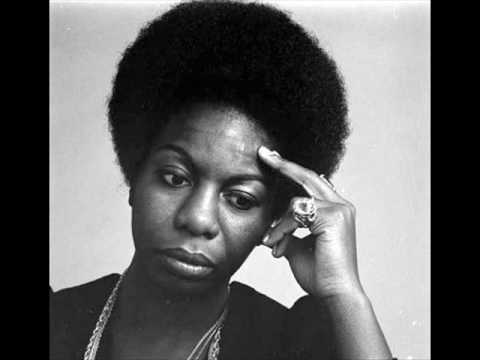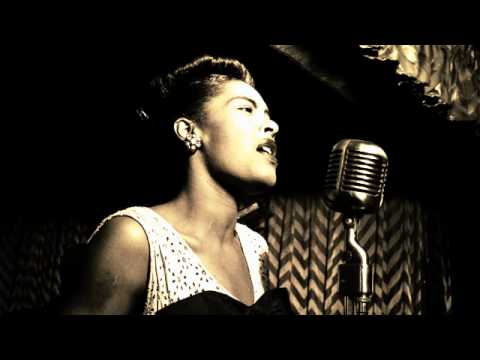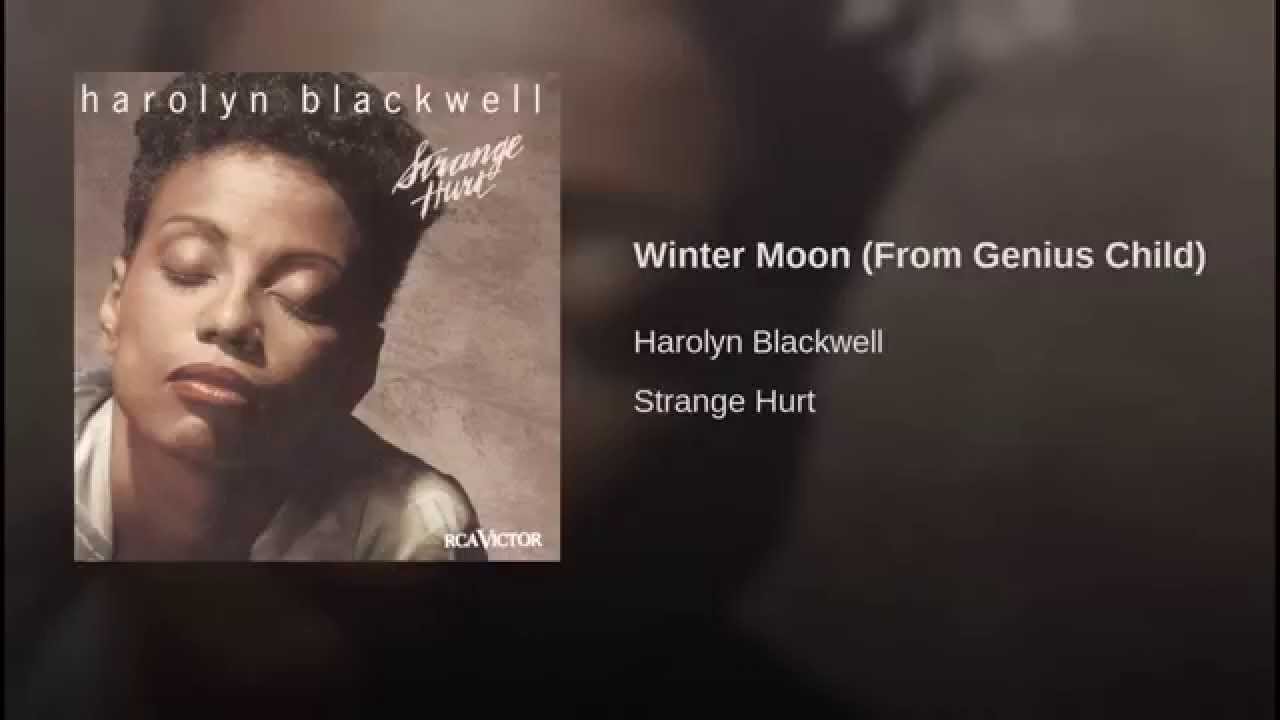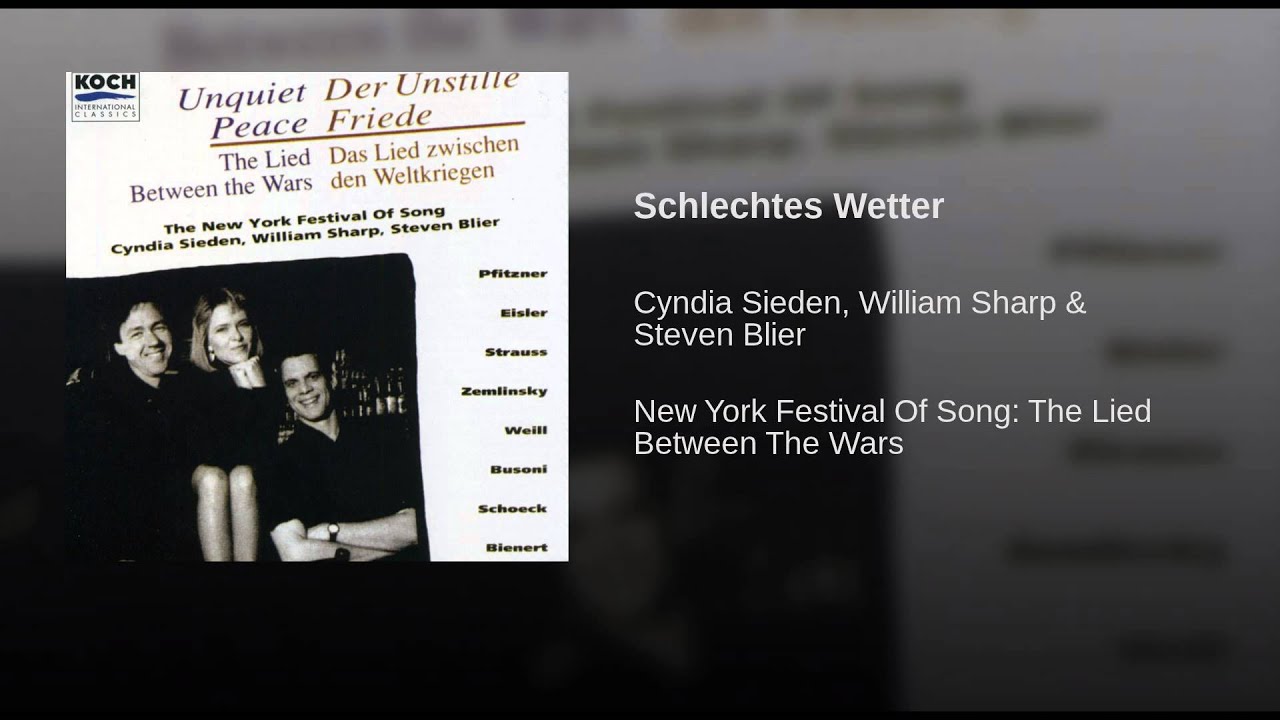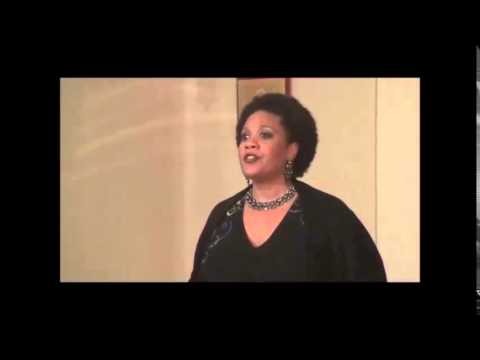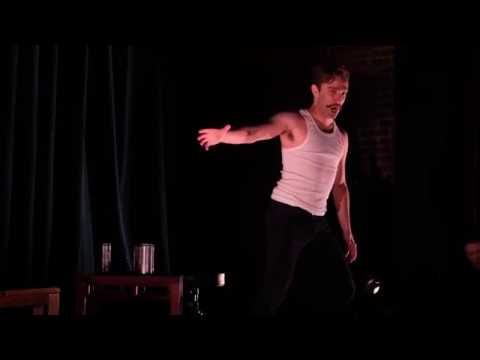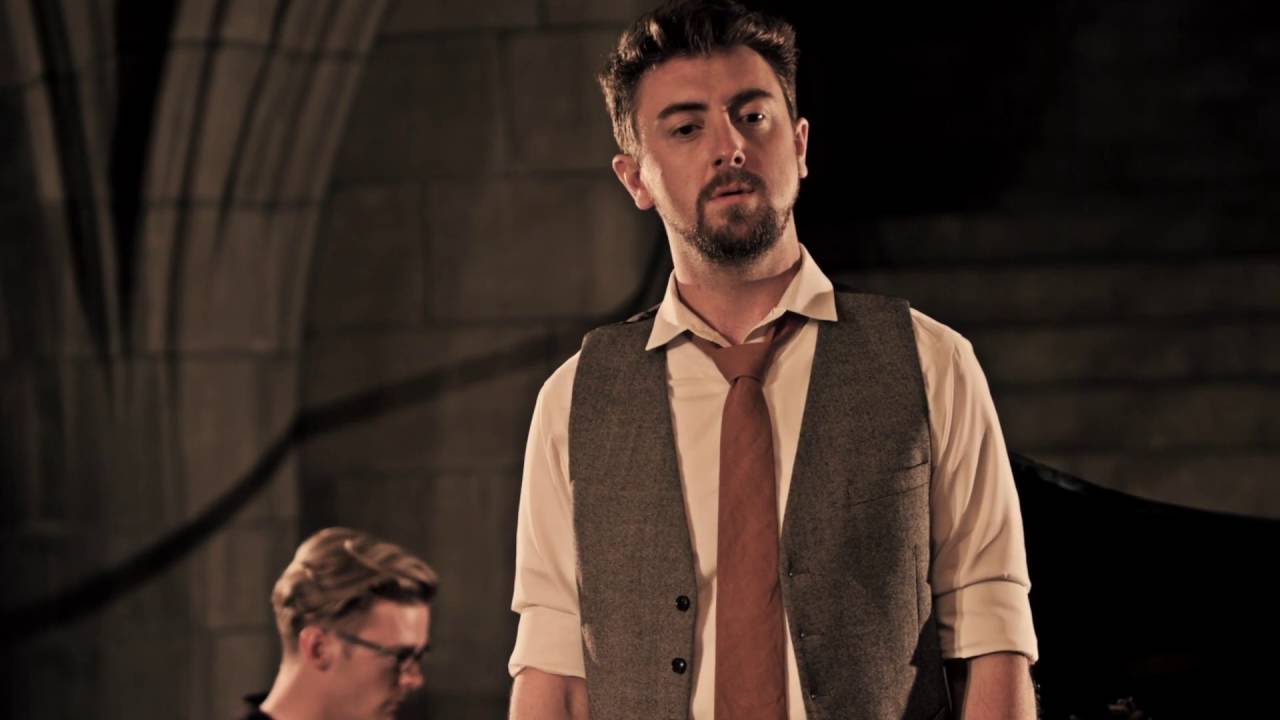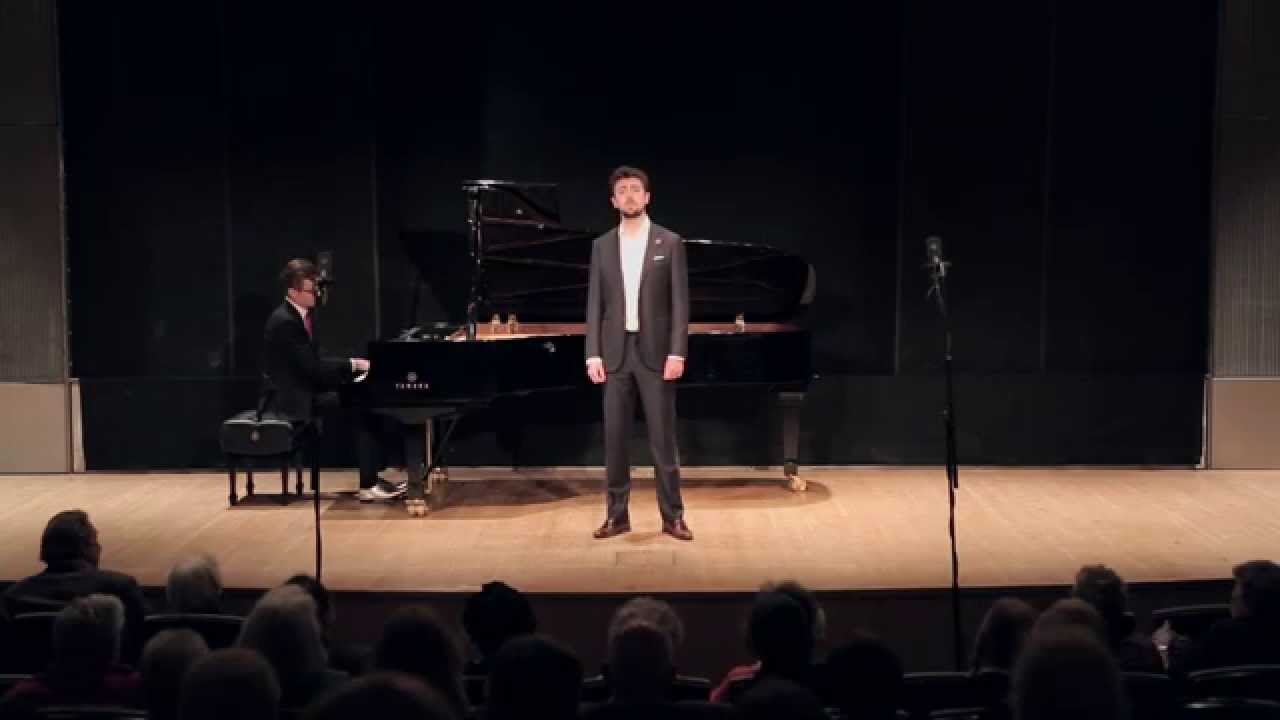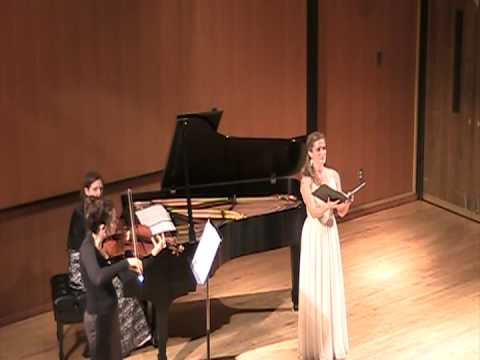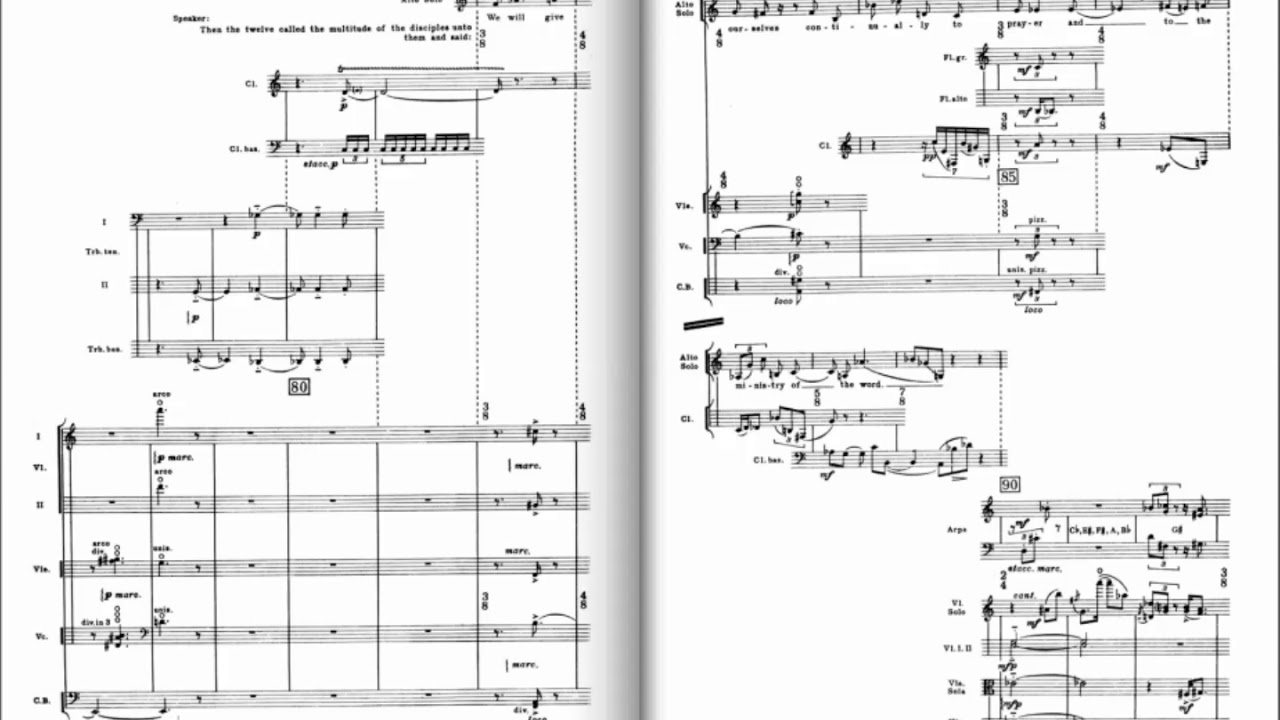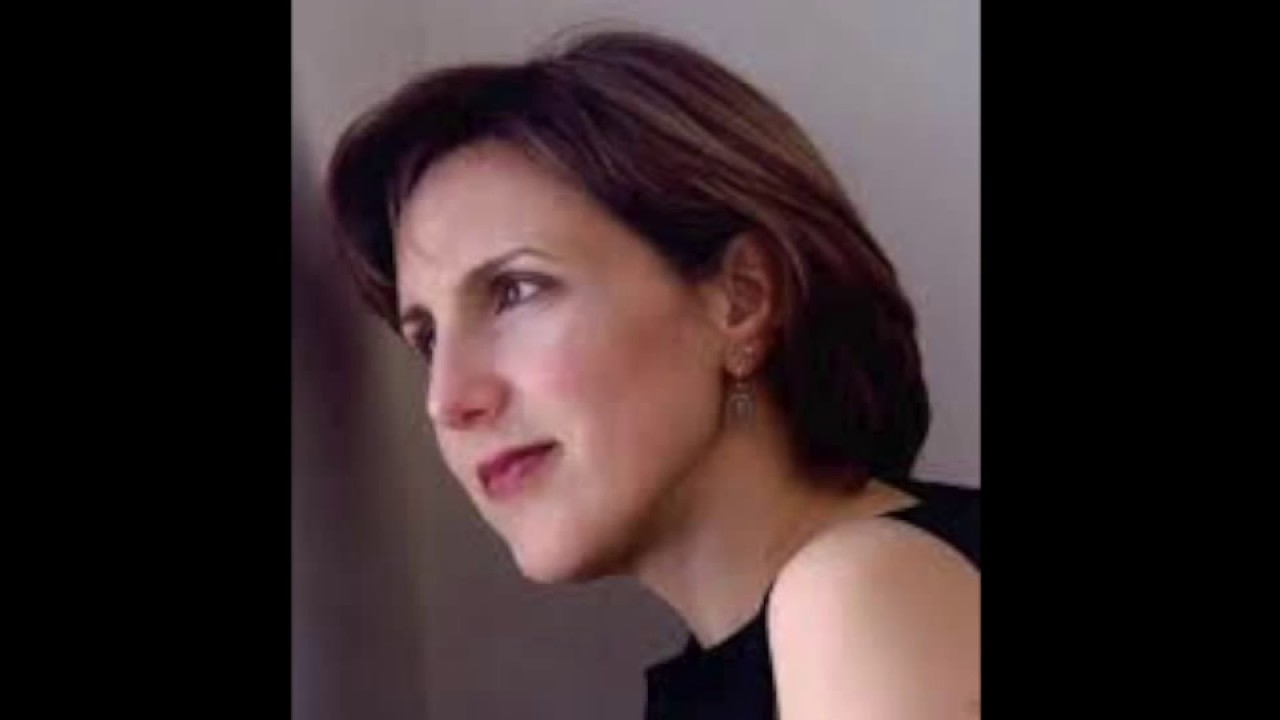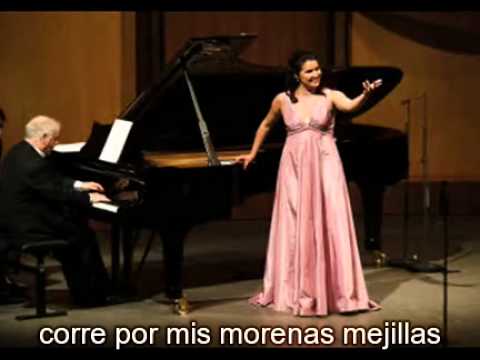Nina Simone sings “Strange Fruit” by Abel Meeropol
My first selection is Jewish-American songwriter Abel Meeropol’s “Strange Fruit,” as performed by the incomparable Nina Simone from her 1974 release A Portrait of Nina. Meeropol penned the initial poem in 1937, under the name “Bitter Fruit,” in reaction to Lawrence Beitler’s photograph of the 1930 lynching of Thomas Shipp and Abram Smith in Marion, Indiana. Meeropol eventually set the poem himself as a protest against lynchings and violence toward people of color and changed the title to what it is is today.
Irving Berlin: I’ve Got My Love To Keep Me Warm
Billie Holiday’s take on this cold weather classic from winter song master Irving Berlin.
Ricky Ian Gordon: Winter Moon
NYFOS offers a week of cold-weather songs as we settle into the winter...
Richard Strauss: Schlechtes Wetter
NYFOS offers a week of cold-weather songs as we settle into the winter...
Ray Lustig: Velvet Shoes
The first piece that I knew I wanted was “Velvet Shoes,” by Ray Lustig. I heard it in November at our first new music salon, NYFOS Next, and the song took my breath away.
Benjamin Britten: Junius’ Aria
Longtime MESS & NYFOS favorite Theo Hoffman absolutely slays this conniving, wicked aria from act 1 of Britten’s masterpiece.
Reynaldo Hahn: L’heure exquise
In early 2016 Ben & Lachlan arranged a concert for a small audience of friends in the crypt of Church of the Intercession at 155th & Broadway. This piece, a favorite of Ben’s since college, was a highlight of the evening.
As I Went Down to the River to Pray
Co-founders Lachlan Glen and Ben Bliss (in their pre-MESS days) collaborate in an early original arrangement for their 2015 Lindemann Young Artist recital.
Johannes Brahms: Ronda alla zingarese from piano quartet No.1 in G minor Op. 25
Brahms’ ‘Ronda alla zingarese’ is a favorite of MESS co-founders Ben Bliss and Lachlan Glen. It was also performed (by Mr. Glen) at MESS’s very first Premier Event. Its expansive, romantic string setting and virtuosic, rhapsodic piano was a highlight of the night.
Sergei Prokofiev: Morning Serenade from Romeo & Juliet
This piece, performed by the Verona Quartet, opened MESS’s very first Premier Event in October of 2017. It’s playful, inviting sound world invited our audience into the fresh new classical music scene that is Mise-En-Scène Studios!
Corinne Winters
“An outstanding actress as well as a singer of extraordinary grace and finesse” (The New York Times), soprano Corinne Winters talks about self-care and favorite rep in our Artist of the Month interview. Corinne will return to NYFOS’s Mainstage series in García Lorca: Muse and Magician on April 24, 2019.
Bright Sheng: Three Chinese Love Songs
Perhaps the most famous contemporary cross-cultural composer, Bright Sheng has an original compositional dialect that combines Western traditions and Chinese traditional and folk music. His music results from both his personal cultural upbringing and his intentional study and research of the principles underlying both nations’ musical traditions. His schooling was primarily in America. However, he is constantly involved in compositional and academic endeavors that strive to blend and define international musical styles.
Igor Stravinsky: A Sermon, a Narrative and a Prayer
Igor Stravinsky became a naturalized citizen of the United States in 1945. After a little over a decade of living in the United States, Stravinsky entered into what is often referred to as his Serial Period. Arnold Schoenberg and Stravinsky often butted heads in their time, arguing over the future of classical music.
Sergei Rachmaninoff: Six Songs for Voice and Piano, Op. 38
At the turn of the century, political unrest and a new desire (and ability) to travel the world led many classical composers to call America their new home. One such political event was the Russian Revolution, which forced Sergei Rachmaninoff to flee to America around 1918. Though he longed for his home country, he earned great success in front of American audiences.
Antonín Dvořák: Když mne stará matka zpívat učívala
Although the February 20th concert will feature many of today’s talented first-generation American composers, the concept of American music being redefined by immigrants is far from a modern phenomenon. Antonín Dvořák, a Czech composer, is a prime example, coming to American around 1892.


